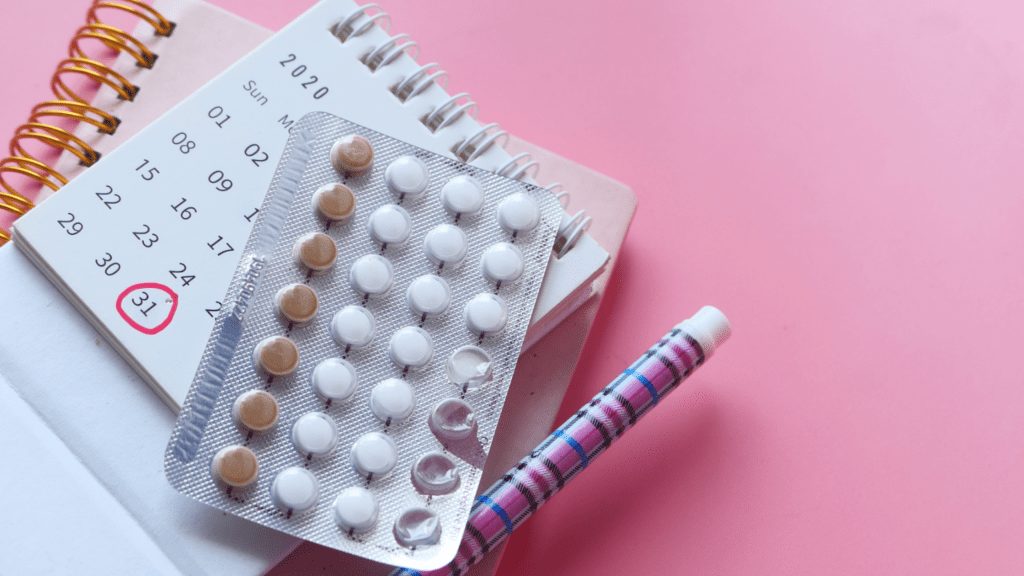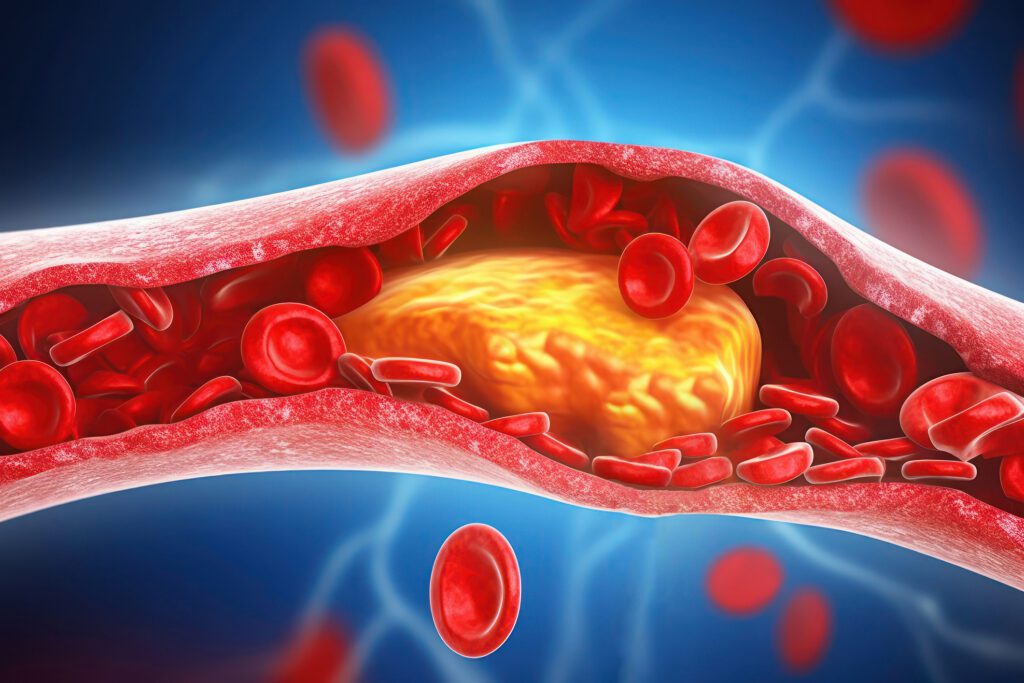Have you heard what it’s like?
Waking in a puddle of night sweats? A mouth as dry as the Sahara?
Weight gain in places you’ve never experienced, even with exercise?
A wilting libido? Depression or moodiness that has overcome your true personality?
Menopause is a normal midlife transition that affects women from the ages of 42 to 56. Some women experience minimal discomfort, while many more suffer undesirable symptoms. For example, fatigue, memory loss, vaginal dryness, hair thinning, etc., as well as the ones mentioned above. Leading to this is peri-menopause, which is the transition leading up to menopause. It typically begins in your early to mid-40’s. Menstrual cycles become irregular as hormone levels fluctuate.
Plunging progesterone
Progesterone is commonly the first hormone to drop during peri-menopause. Women are busy, managing families, businesses, cooking, squeezing in exercise when and where they can. We literally steal progesterone – our calm and collected hormone – to make more cortisol so we can accomplish our day-to-day tasks. As a result, menstrual cycles can become heavier and shorter. As well, we feel more anxious and irritable, get headaches and food cravings, gain weight, and lose sleep. Natural treatments that support progesterone levels include herbs like:
- Vitex agnus (chaste tree)
- Dioscorea barbasco (wild yam)
- Glycyrrhiza glabra (licorice)
Calming lifestyle practices such as yoga, tai chi, meditation, and breathing exercises also boost progesterone levels.
The estrogen effect
Hot Flashes, night sweats, insomnia, and palpitations are clinically referred to as the vasomotor symptoms during menopause. About 75% of North American women in menopause experience this and 15 % are severely affected. As estrogen levels decline, there is a sudden but transient downward resetting of the body’s thermostat. Located in the hypothalamus, this results in visible flushing on the chest, neck, and face. It can last from 30 seconds to 5 minutes. Overtime, sleep is disrupted leading to fatigue, impaired alertness, and irritability.
Low estrogen levels also cause symptoms of vulvar and vaginal dryness, and burning and irritation. Estradiol is vital in maintaining the elasticity and health of genital tissues. Low libido also occurs due to diminished levels of estrogen and progesterone.
Treating low estrogen
There are herbs which exert phytoestrogenic effects and can alleviate symptoms associated with low estrogen. For example:
- Cimicifuga racemosa (black cohosh)
- Panax ginseng (ginseng)
- Trifolium Praetense (red clover)
At least six well-publicized clinical studies have shown that black cohosh extract relieves not only hot flashes, but also depression and vaginal atrophy.
Functional Hormone Testing – beyond a basic blood test
If you have tried herbs, diet changes or even synthetic hormone replacement therapy (HRT) from your doctor but are still experiencing the discomfort of menopause, consider doing a functional hormone test. A dried urine hormone test can pinpoint where your hormone imbalance lies, and offers sensitive results over standard blood tests. If your current prescription of herbs or HRT is ineffective, we recommend switching to bio-identical hormone therapy (BHRT). Having an expert in hormone balancing adjust your percentage, the concentration, and the route of administration of your herbs, and/or BHRT, can make all the difference to feeling better.
Patients speak of throwing their naked bodies onto cold granite kitchen countertops at 1am, simply to cool down. Others have no libido and no sex life due to discomfort and dryness. It pleases me to say that many women do recover, sleep through the night, and get their love life back on track. If you are suffering, we can get you on the right track to naturally quell symptoms and smooth your transition through menopause.*







